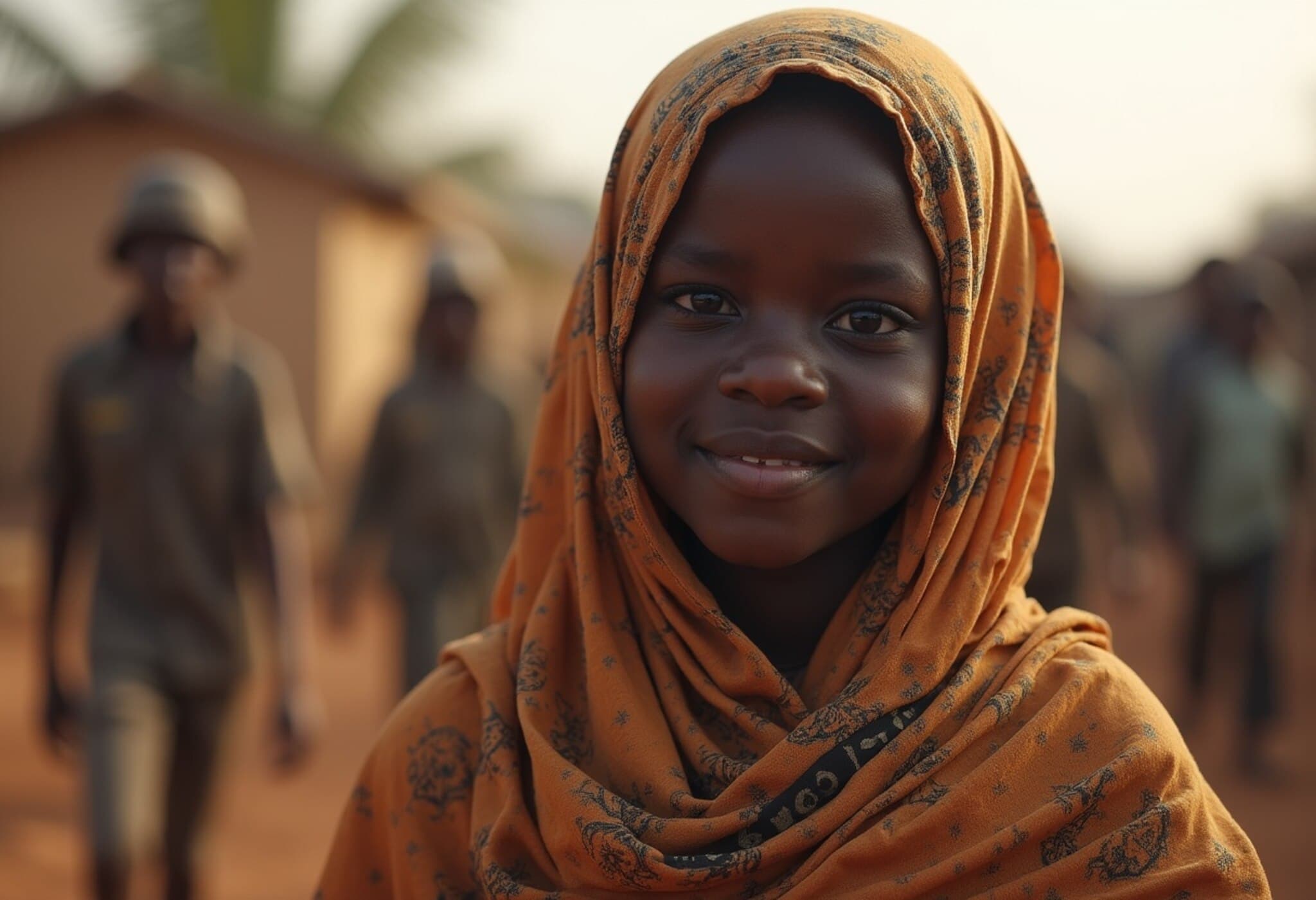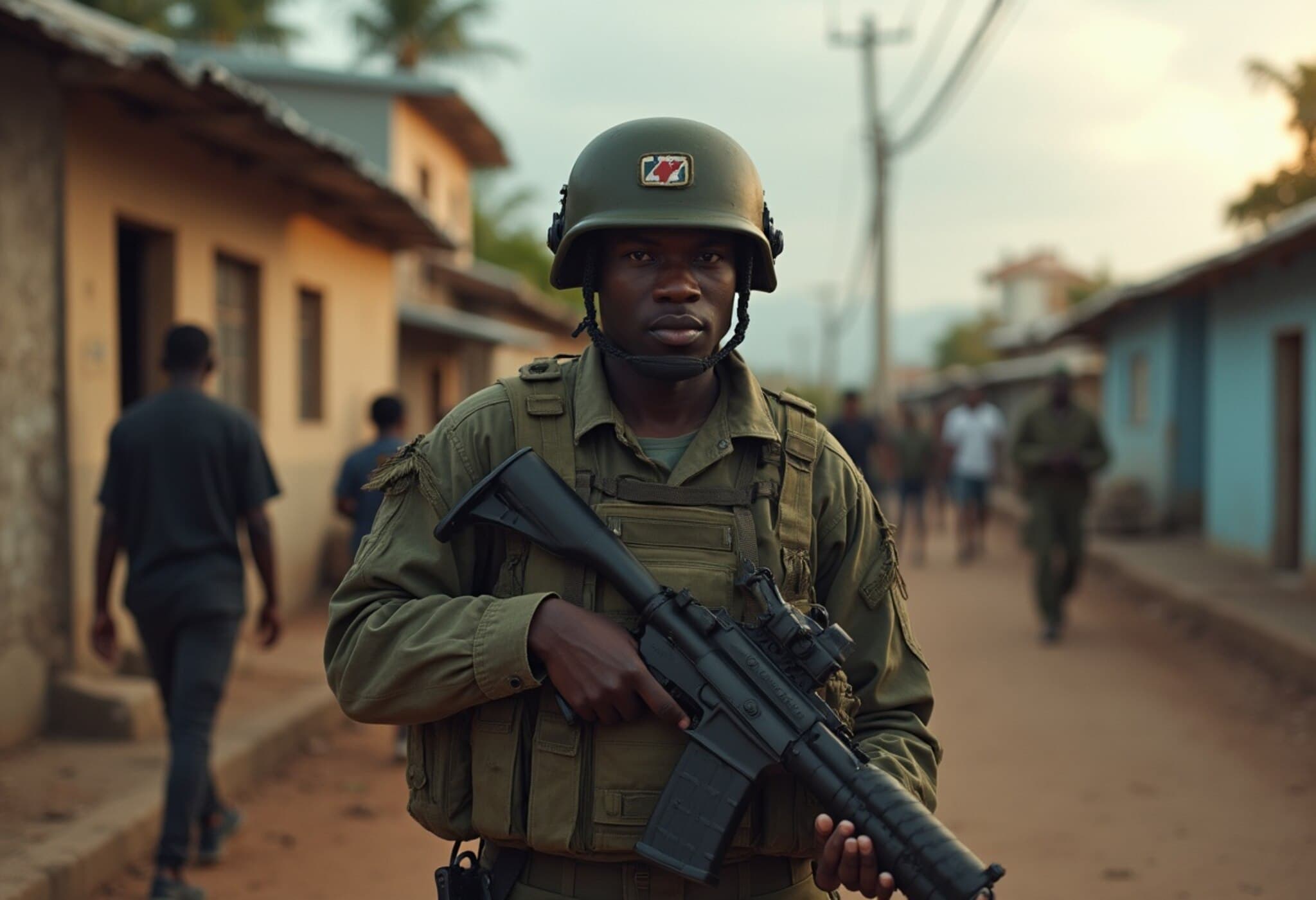Second Mass Abduction Rocks Nigeria's Northwest Within a Week
In a harrowing incident underscoring the growing insecurity in Nigeria’s northwest region, armed bandits abducted at least 45 women and children among 60 people in a coordinated overnight attack across five villages in Zamfara state. This marks the second large-scale kidnapping in just five days, fueling fears among locals and human rights advocates alike.
Details of the Attack and Immediate Impact
The raid occurred late Monday, targeting the villages of Sabongarin Damri, Sade, Tungar Tsalle, Tungar Sodangi, and Tungar Musa Dogo — communities less than half a kilometer apart. Traditional ruler Shehu Musa confirmed the assaults to Reuters, describing how the assailants struck repeatedly until dawn, abducting women and children, while some residents were reportedly killed during the violent incursion.
Despite quick intervention by Nigerian security forces who engaged the attackers and eliminated three suspects, the bandits successfully fled with their hostages and stolen cattle. The assault has induced a wave of panic, prompting residents like Hassan Dauda of Tungar Tsalle to flee their homes for safety.
Context: A Persisting Crisis of Mass Abductions and Banditry
Nigeria’s northwest has become a hotspot for violent kidnappings orchestrated by loosely affiliated criminal networks often dubbed “bandits.” These groups have systematically terrorized the region, killing hundreds and abducting thousands over recent years. Victims frequently endure prolonged captivity as kidnappers leverage ransom demands to finance their operations.
Just days prior, another mass abduction in Sabongarin Damri saw 70 people kidnapped, illustrating the rapidly escalating threat and the limitations of current security measures.
Parallel Attacks Spotlight Wider Security Challenges
Meanwhile, in northeastern Borno state, the jihadist group Boko Haram inflicted further violence by attacking Kennari village, abducting at least 15 people and killing the village head. Locals report the militants have demanded a ransom of 30 million naira (approximately $19,650) to release the captives.
Expert Insight: What Lies Ahead for Nigeria’s Security Landscape?
These consecutive incidents highlight Nigeria’s complex security dilemma — a convergence of loosely organized bandit groups and jihadist insurgents exploiting fragile governance and border porosity. Analysts caution that without a comprehensive strategy combining enhanced intelligence, community engagement, and socioeconomic development, such attacks may continue unabated.
Policy experts emphasize:
- The urgent need for increased funding and strategic support to local law enforcement and the military.
- Broader socio-economic initiatives addressing rural unemployment and marginalization that drive youth towards criminal networks.
- The importance of regional cooperation with neighboring countries to stem cross-border arms and militant movements.
Human Toll and Regional Stability
Beyond political implications, these abductions leave deep scars on affected communities. The trauma from the loss of loved ones and ongoing fear can disrupt social cohesion and economic activities, compounding existing poverty and insecurity. Women and children, often the primary victims, face heightened vulnerability with long-term consequences on health and wellbeing.
Local Voices and Calls for Action
Leaders like Shehu Musa urge a more robust and compassionate governmental response. “Communities cannot live under constant threat of attack and kidnapping. We need protection, dialogue, and hope,” Musa said. Their voices underscore the critical human element that sits at the heart of Nigeria’s security challenges — one that transcends statistics and demands urgent attention.
Editor’s Note
This spate of mass kidnappings starkly reminds us of the fragile security environment plaguing large parts of Nigeria today. While military responses are essential, the solution lies in an integrated approach blending security, development, and reconciliation efforts. As the Nigerian government and international partners grapple with these crises, the real question remains:
- How can sustainable peace be brokered to protect vulnerable communities from recurring cycles of violence?
- What role can regional policymakers play to dismantle the networks enabling these heinous crimes?
- Finally, how can the world ensure the voices of affected women and children influence future policy decisions?
These are critical issues that deserve not only national but global attention to support Nigeria’s path toward stability and healing.









